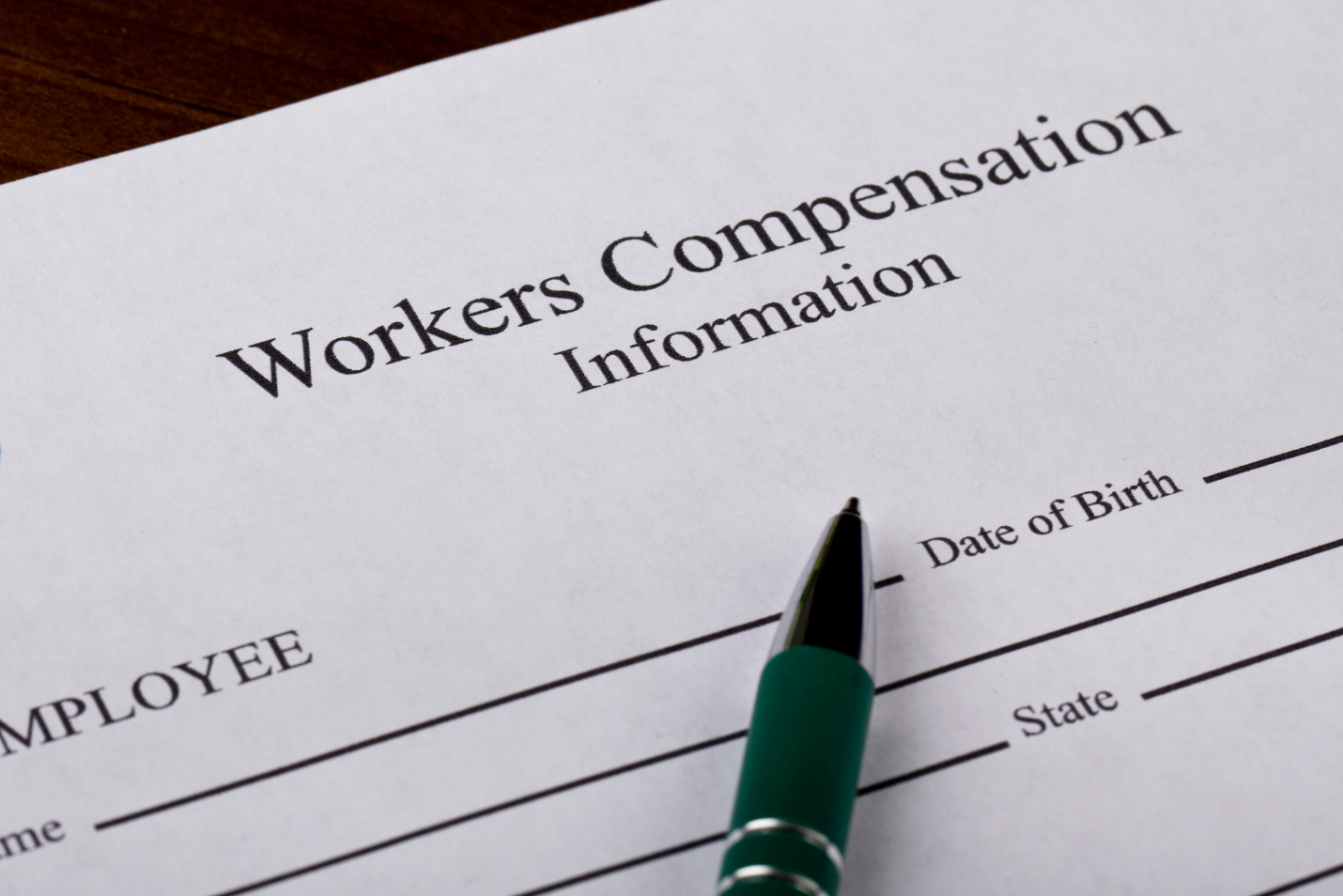Thousands of workplace discrimination cases occur annually, resulting in millions in compensation for the victims. The US Equal Employment Opportunity Commission (EEOC) has created several categories of discrimination that can happen in the workplace. Keep reading to discover the types of workplace discrimination that can happen to you.
1. Race and Color Discrimination
You would be a victim of race and color discrimination if you did not get an employment opportunity because of your race or physical appearance. For instance, discrimination can happen when an employer rejects your application merely based on your facial features, hair texture, and complexion.
The rejection may also have been because you are married or associate with people of a specific race. Discrimination can be in the form of failure to promote, harassment, and discharge of a person based on race.
2. National Origin Discrimination
Employers should not fail to hire you because of your country or region of origin. For example, the employer may allude to your accent or ethnicity when refusing to hire or promote you. Some employers also have unreasonable language fluency requirements that are a disadvantage to certain job applicants or employees.
3. Disability Discrimination
Employers will be committing an offense if they fail to hire or promote somebody based on a disability. The disability can be physical impairment and mental challenges that affect a person's daily activities. The employer must provide equal opportunity if the disability doesn't interfere with a person's ability to do the job.
Equal opportunities should be apparent during advancement, compensation, training, and hiring. However, the law doesn't require people living with disabilities to receive preferential treatment at the workplace.
4. Sexual Orientation
Your sexual orientation or gender identity shouldn't expose you to any form of discrimination from potential or current employers. Instead, the employer should give you equal opportunities and respect your choice.
5. Pregnancy Discrimination
Congress enacted laws in 1978 to outlaw any form of pregnancy discrimination. Before the passage of this law, women often lost their jobs due to pregnancies.
Similarly, some employers never wanted to employ pregnant women or give them insurance benefits. In some instances, women were refused disability coverage and required to resign when they became pregnant.
Today, discrimination against women due to their pregnancy is a form of discrimination that attracts stiff penalties. Nevertheless, women continue to face discrimination in the workplace, especially in industries where men dominate. Moreover, compensation for pregnancy discrimination remains lower, at about $8,000.
6. Age Discrimination
Workers have a right to the same treatment in the workplace regardless of their age. The Age Discrimination in Employment Act bans discrimination against employees aged 40 years and above.
However, the law does not offer protection against age discrimination for people below 40. Hence, the favorable treatment of an older employee, as opposed to a younger one, is legal. The discrimination act prohibits employers and employees from using derogatory and offensive language about another employee's age.
However, this doesn't include offhand comments or simple teasing. The language only becomes a problem if frequent incidents lead to an unfavorable working environment. The perpetrator can be a manager, colleague, or even customer.
7. Parental Status
A law that came into effect in 2000 prohibits discrimination against parents. Any parent can be a victim regardless of whether they are foster, adoptive, or biological. You can also be discriminated against if you have a caregiver status.
Nevertheless, parental status discrimination is unique because discrimination is not part of the discrimination law.
Get Justice
Discrimination in the workplace can reduce your productivity and have lifelong consequences. Willis Spangler Starling can assist you in seeking compensation and getting justice for your tribulations. We provide all manner of legal services to our clients.
Contact us to know how we can help you.











